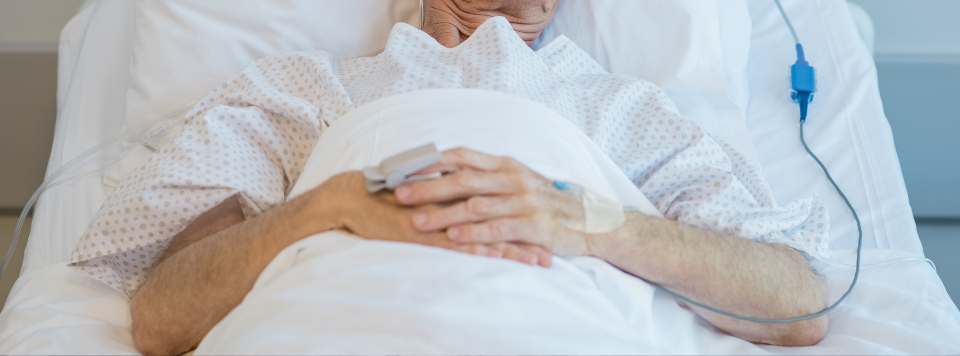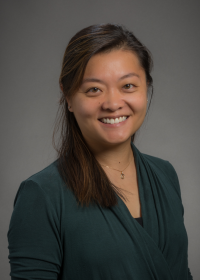Section of Population Health Fellowship Updates
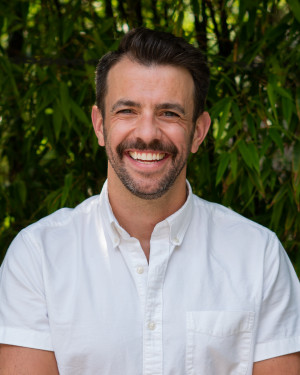 In October Dr. Haflich was the first UW GEMRH fellow to spend time working in Unalaska, an island on Alaska's Aleutian chain. For those weeks, he was America's westernmost emergency physician at a clinic that provides critical access care for a fishing town of 4,500 people. With modest lab, imaging and pharmacy services - and the closest large hospital a three and a half hour flight away - the practice of emergency medicine at a location this austere requires creativity. Whether managing a massive aspirin overdose through the night with no ability to measure aspirin levels, or coordinating a medical extraction with the coast guard for a fisherman with pneumonia 100 miles into the storming Bering sea, it is rural EM to the extreme.Dr. Haflich explains, “ I learned an enormous amount about remote medicine, the importance of good clinical judgment, the talent of Alaska's expert flight medicine crews and the grit of the doctors and nurses who call that island home.”
In October Dr. Haflich was the first UW GEMRH fellow to spend time working in Unalaska, an island on Alaska's Aleutian chain. For those weeks, he was America's westernmost emergency physician at a clinic that provides critical access care for a fishing town of 4,500 people. With modest lab, imaging and pharmacy services - and the closest large hospital a three and a half hour flight away - the practice of emergency medicine at a location this austere requires creativity. Whether managing a massive aspirin overdose through the night with no ability to measure aspirin levels, or coordinating a medical extraction with the coast guard for a fisherman with pneumonia 100 miles into the storming Bering sea, it is rural EM to the extreme.Dr. Haflich explains, “ I learned an enormous amount about remote medicine, the importance of good clinical judgment, the talent of Alaska's expert flight medicine crews and the grit of the doctors and nurses who call that island home.”
Dr. Main spent a week in the health clinic of Kiana (Inupiat: Katyaak), a village of 300 approximately 60 air miles east of Kotzebue, Alaska.
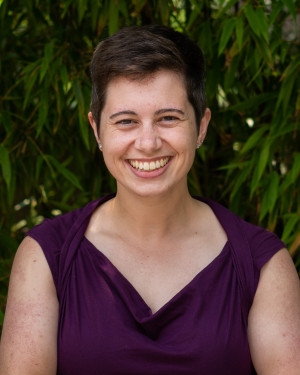
Flying out over the icy tundra in a small bush plane provides a quick reminder of how remote the Alaskan wilderness can be. The village clinics are the point of access for all health care, ranging from medication distribution to life-threatening emergencies. They are staffed by community health aides, members of their community trained to provide basic health care. Especially in times of pandemic, the health aides work tirelessly to provide care for their families and friends. Dr. Main says, “ It was a privilege to be able to work amongst them in their community. While there are many challenges to rural health care, the rewards are incredible.” With multiple family members also sick, transport for an elder suffering from COVID for treatment was difficult. After many phone calls and days of email coordination, Dr. Main and her colleagues arranged to have monoclonal antibody infusions delivered to the village clinic. From there, they packed up the necessary equipment to deliver the infusion in the elder’s home, providing the medication to both her and her caregiver. Sitting in her living room, monoclonal antibodies hanging from a hook on the wall, they listened to stories about growing up in the village, giggled about an encounter with a muskrat, learned about sewing clothing from seal hide. Dr. Main continues, “ It was a beautiful glimpse of Native Alaskan knowledge and experience. I felt very fortunate to have shared in this experience and grateful to the community for welcoming me into their home.”
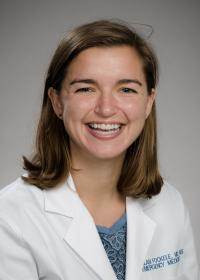 Dr. Fockele is currently working in the Emergency Department at Harborview Medical Center and in permanent supportive housing at the DESC’s Estelle. Recently, she has presented at the Introduction to Emergency Medicine Elective Lecture in the School of Medicine, Conference on Ending Homelessness; ADAI Lunch & Learn Series; Northwest Addiction Technology Transfer Center (ATTC) Network Webinar Series; Harborview Injury, Prevention, and Research Center (HIPRC); EMS Fellowship Grand Rounds; and UW DEM Residency Grand Rounds. Dr. Fockele is also co-leading quarterly calls facilitated by ADAI on implementing and supporting medication for opioid use disorder programs in emergency departments across our state.
Dr. Fockele is currently working in the Emergency Department at Harborview Medical Center and in permanent supportive housing at the DESC’s Estelle. Recently, she has presented at the Introduction to Emergency Medicine Elective Lecture in the School of Medicine, Conference on Ending Homelessness; ADAI Lunch & Learn Series; Northwest Addiction Technology Transfer Center (ATTC) Network Webinar Series; Harborview Injury, Prevention, and Research Center (HIPRC); EMS Fellowship Grand Rounds; and UW DEM Residency Grand Rounds. Dr. Fockele is also co-leading quarterly calls facilitated by ADAI on implementing and supporting medication for opioid use disorder programs in emergency departments across our state.
Dr. Fockele is also a co-investigator on two grants. The first is funded through the University of Washington Implementation Science Program Pilot to adapt evidence-based interventions from clinical medicine to the first responder system. The second is funded through the School of Nursing Research & Intramural Funding Program to pilot a contact and training intervention for first responders to reduce overdose stigma. Additionally, she is the principal investigator on an implementation study recently funded by the ADAI small grant to examine how contingency management coupled with the community reinforcement approach can be integrated into permanent supportive housing for residents who use methamphetamine.
Dr. Fockele was also recently officially board certified in emergency medicine. Congratulations!






